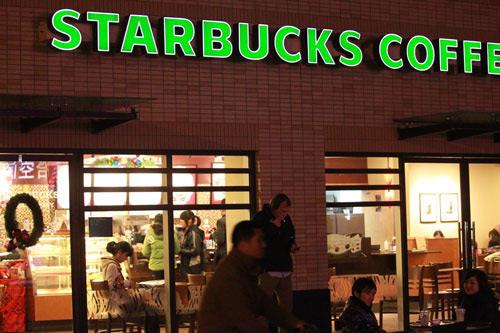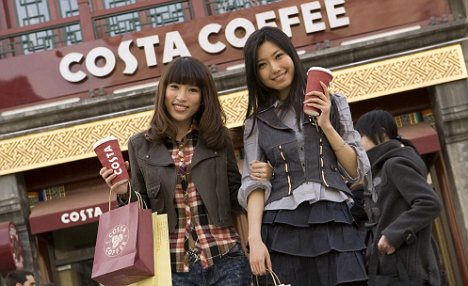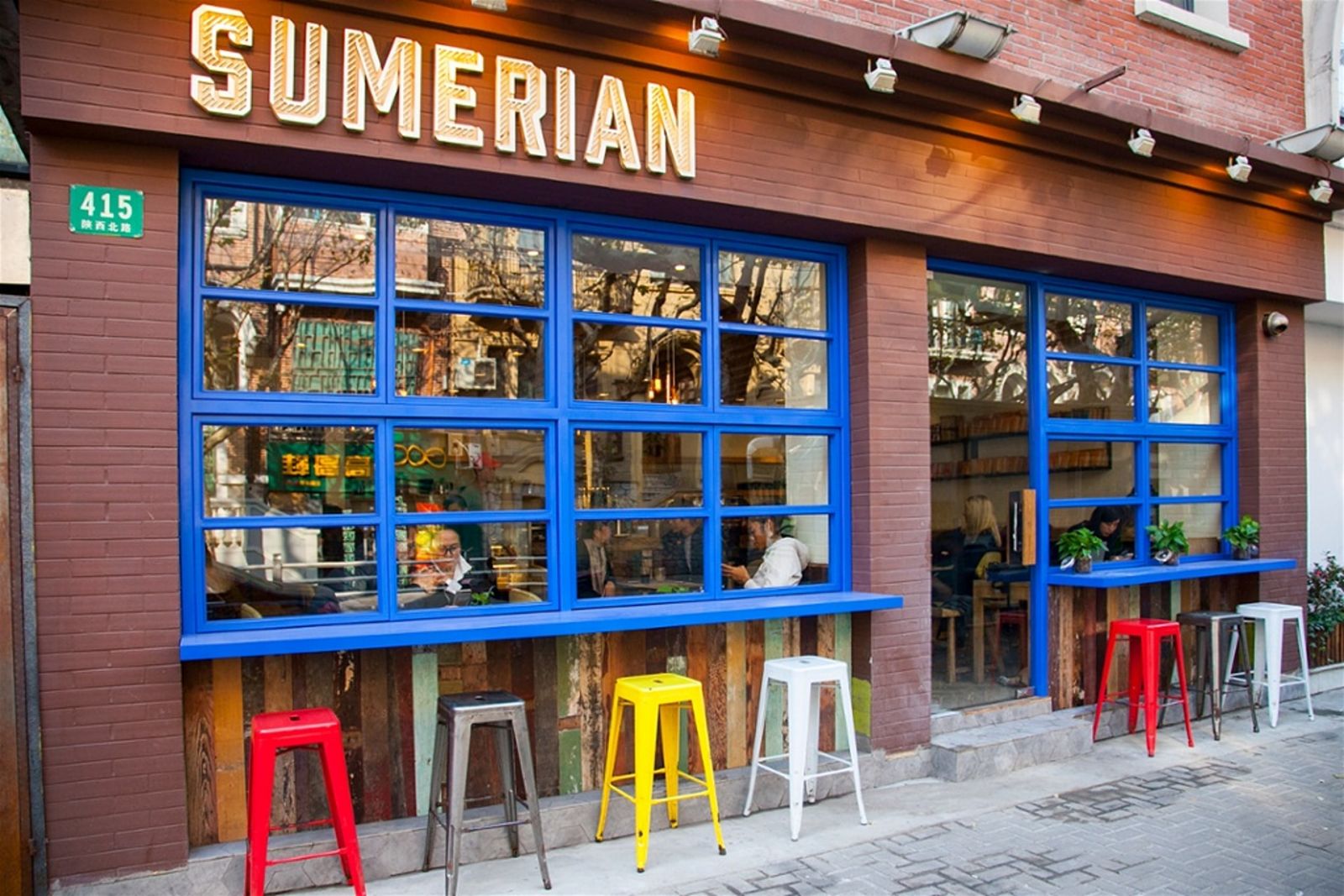When it comes to associating certain countries with certain food and drinks, China will often get paired with tea. I can see why, after all, there is that old saying that middle aged people tend to use about ‘all the tea in China’, which I never understood until I realized the Chinese are big fans of their tea – there have even been several books written with that as a title.
So with this in mind, I thought it would be worth looking into China’s relationship with coffee and the coffee culture in China. First and foremost to see if they have one, and then have a look into the future of the Chinese coffee scene.
Playing Catch Up in a Tea Drinking Nation

Let’s start with a bit of background though. Coffee has been in China since the 1800’s, it was introduced by French Missionaries who were in the Yunnan province, so it’s not exactly a new thing, but do the Chinese drink coffee? It goes without saying that tea is a big deal in China, so coffee is playing catch up quite a bit, and has been for a long time. But that doesn’t mean that coffee is impossible to find in China, and it certainly doesn’t mean that when you find coffee it’s going to be a poorly made attempt or a quick-stir instant.
When you look at the stats and see that the average Chinese consumer drinks four cups a year, we could easily say no, especially considering that I drink two cups per morning and the average Chinese person drinks 400 cups of tea per year. But when you take in to account the enormous population of China, it’s understandable that the average is so low but the coffee market is still pretty big.

On our journey around the world looking at different coffee cultures, it’s fair to say that the big ‘s’ word always comes up when we look at developing coffee trends. Personally, I don’t mind Starbucks, they make it easy to find a decent coffee, and they’re spreading coffee around the world at an epic rate (although I do think they’re a bit pricey). Regardless of where you stand on the Starbucks debate, they’ve made waves in China and are continuing to do so.
If you were visiting China 10 years ago and felt like you could do with a cup of coffee, you’d have struggled to find anywhere to go within walking distance, or even within the same city. These days though, you can easily find somewhere that will serve a decent coffee with a good few options too. This is partly down to the Starbucks influence and the fact that they now have over 1500 outlets in 90 cities – not bad considering coffee stores were nowhere to be found a few years ago. This had led to other chains sitting up and taking note such as Costa and a few other chains from surrounding countries; all of which provides more jobs and employment for the Chinese market and increase the popularity of coffee.
Who’s Drinking It?

As we mentioned earlier, despite the fact the statistics work out as only 4 cups of coffee being consumed per year per person, the coffee marketing in China is actually huge – it must be if Costa Coffee are planning to open nearly 1000 shops by 2020 and Starbucks have opened 1500 stores since 1999. So who’s drinking it?
The popularity of coffee, and coffee chains in particular, seems to be growing out of a fondness amongst young people in the big cities such as Shanghai and Beijing. An article in The Guardian observes that a “Starbucks in Xintiandi, an upmarket area of central Shanghai, is full with mostly young, fashionable, designer clothes-clad Chinese”. It may well be that the globalisation and the increased urbanisation of the Chinese market that has encouraged an increased interest in big international brand names such as Starbucks, fuelling the taste for coffee in China.
It’s been said that the Chinese don’t like the bitter taste of coffee, and as a result the milk-based speciality coffees such frappuccinos and latte’s have become the coffee order of choice for many people, with Starbucks and Costa offering altered recipes to suit the Chinese tastes.
Moving Forward

As a result of the increasing acceptance and growing liking of coffee, the coffee culture in China hasn’t only developed, but is growing at a rapid rate.
With the popularity being seen amongst foreign coffee franchise, home grown Chinese coffee chains are starting to open up and grow. Not only are these coffee shops embracing the coffee coffee culture, but they’re also offering more Westernised styles of coffee that don’t come with extra milk or additional flavours to meet the usual tastes of the Chinese consumers.
